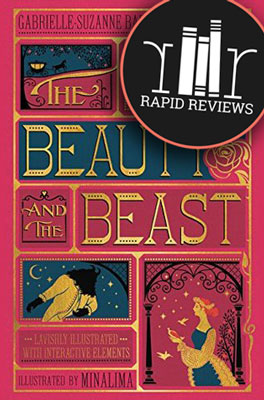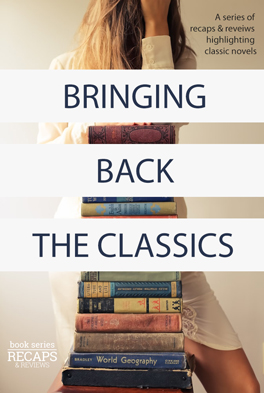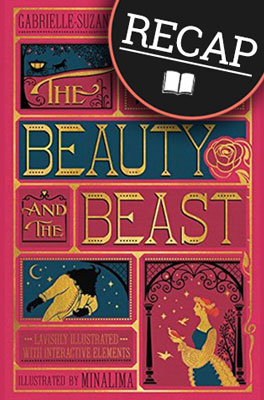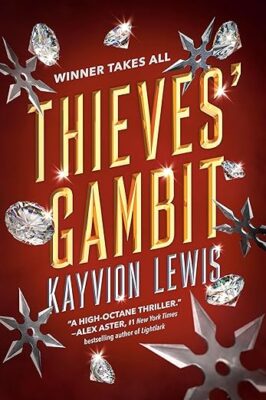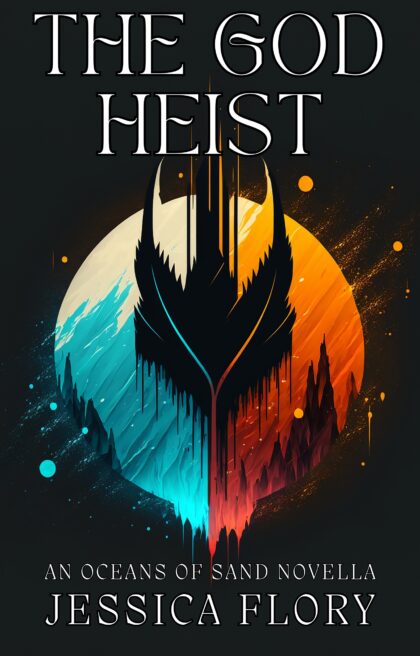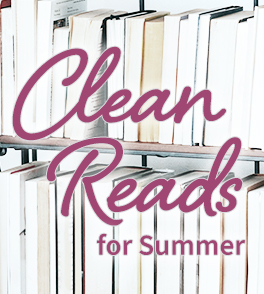No spoilers in this review of Beauty and the Beast by Gabrielle-Suzanne Barbot de Villeneuve.
Special thanks to Sarina Byron, a BSR contributor who wrote this great review of Beauty and the Beast! Sarina is a British Author and Contributing Writer living in California. Sarina enjoys bringing forth a different perspective and encouraging a different way of thinking through her writing. Visit her blog to read her reviews, and check the end of the review for a link to her Instagram.
Reading the original Beauty and the Beast by Gabrielle-Suzanne Barbot de Villeneuve makes one achingly wish Disney had made at least one movie featuring the original story. The origin of this tale can be traced back to 1740 when de Villeneuve wrote the story titled La Belle et la Bête in French. The story was subsequently published in the British magazine Magasin des enfants in 1756 without credit to de Villeneuve, giving rise to much conjecture about the author of the story. But let there be no more debate on this matter, this “tale as old as time” belongs to de Villeneuve.
Beauty and the Beast belongs to the time when stories were written to convey strong moral messages. Edifying locutions were peppered throughout the story to be identified by perceptive readers. The more discerning the reader, the more they would understand. Humans and fae came together to allow for certain events to come to pass, consequences of which would allow children to learn from another’s benevolences and missteps.
Fairy tales introduced children to uncomfortable real-world concepts of fear, loss, shame, and regret in a safe environment. And what of us adults? As soon as we are “independent,” the entire support system we have been encouraged to lean on disappears. The support of our parents remains, but burdening them with every fear and doubt in our mind hardly seems fair. Stories bridge that gap in our lives, whether in the shape of fantasy, biographies, or fiction. Any story we can relate to, where our heartache resonates, is often where we find our comfort.
Notable quote: “We grow wary of everything.“
The notion that sits behind our desires is eventually we tire of all that excites us. In Beauty and the Beast, Beauty finds that her life in the Beast’s enchanted palace is not unpleasant. There are several rooms where she can avail herself of the greatest performances and arts. Yet, it is not long before she gains no pleasure from any of it. She is persistently hounded by thoughts of her family, despite the perspicuous animosity her sisters bear towards her.
In another occurrence of the phenomenon, the Prince’s mother was happy to accept favours from the fairy as long as they suited her. She grew so accustomed to the fairy’s indulgences that she neglected to consider the obligations she was garnering. When the fairy asked for a return on her services, the Queen didn’t even pause to consider that she may owe the fairy some recompense. That is the power and curse of desires: We lust for all we could have, and when we get it, we grow weary of it.
Notable quote: “Abandon not yourself to sorrow.“
I wonder if it was de Villeneuve’s experience with her husband, Jean-Baptiste Gaalon de Villeneuve, who squandered away their joint fortunes, or was it her experience with her lover, Prosper Jolyot de Crébillon, a playwright, from whom she learnt this grim lesson of life. In Beauty and the Beast, she didn’t say much about the loss of the merchant’s fortunes, but the little she said was so explicit that it could not have come from someone who had never experienced it.
Two to three pages were enough to convey the pain of such great loss of lifestyle. Beauty cheerfully adapted to the change in her fortunes embodying de Villeneuve’s assertion: “It is cowardice to succumb to the greatest misfortunes.” But I wonder how easy de Villeneuve found it to follow her own advice. One does know she endured enough pain to know that complaining will not help her mindset or her circumstances. Thus, she crafted a masterful lesson for us to live by: “Lamentations are consolations of the Unhappy.”
Notable quote: “Though shouldst not take counsel from thine eyes alone.“
And how often have we heard this repeated? Do I even need to repeat how wise these words are? Or should I let you think back to when you took counsel from your eyes alone and your heart suffered the ramifications? Wise men and women throughout history have held this advice superior, and so did de Villeneuve. And what did we do? We abridged the story, removed this lesson, and focused on the fact that the Beast was fearsome and the Prince was worth the wait.
What of the many ruminations of Beauty that de Villeneuve shared with us: when she couldn’t consider responding affirmatively to the Beast’s proposal to marry him but her dream lover, the lady in her dream, and (in her waking hours) her father all told her only her decision stood between her and her greatest happiness. She heeded that advice amidst much trepidation, but not all of us do. Perhaps that is the kind of happiness de Villeneuve found in Crébillon, and perhaps that is what she fervently wished for this story to bring to young girls across the land.
There is a reason this story endured despite having been separated from its author for a long time. There is immense power in desires, and it appears de Villeneuve poured so much of her desires, agony, and elation into La Belle et la Bête that the world has no option but to keep it alive. Or maybe this story has the blessings of the fairies, whose society, rules, and wisdom loomed large in the book and gave it enough influence to live…”until the end of time.”
Let us know what you think about this review of Beauty and the Beast and Sarina’s great review in the comments! No spoilers on this page, please!
Ready to read Beauty and the Beast? Click to buy and help us pay for hosting.

What now?
Don’t forget to check out Sarina’s blog, and you can follow her on Instagram!
Follow Book Series Recaps on Instagram, Pinterest, and Twitter.
Friend us on Goodreads: Sara and Stacy.
Oh and share this review of Beauty and the Beast with your friends who might like this book!








